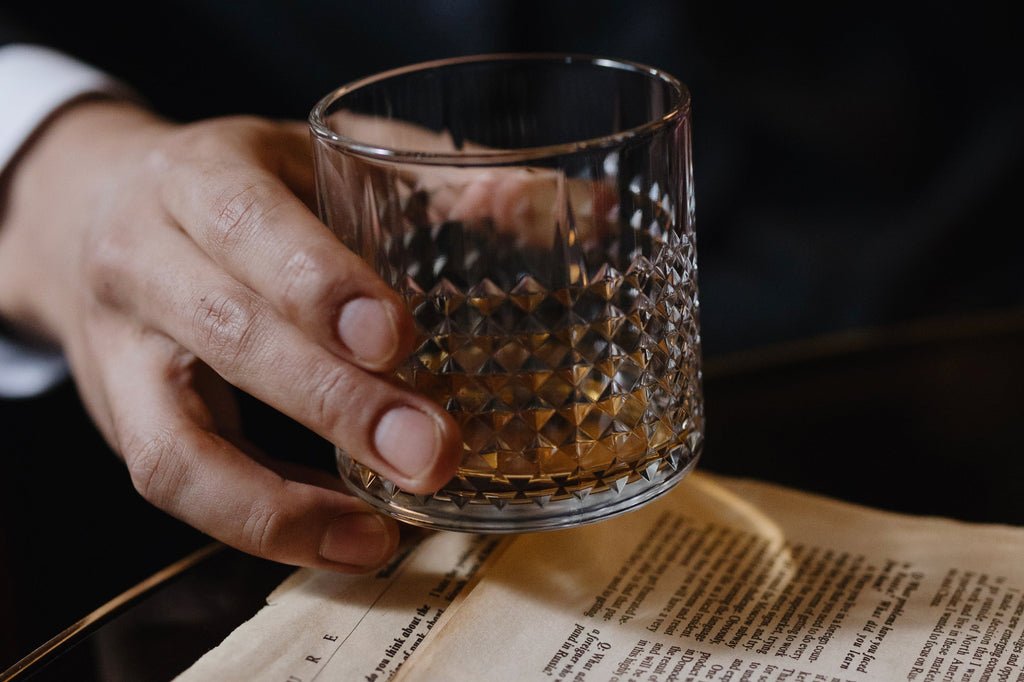Libations and Your Liver: Understanding Alcohol's Impact

As another year wraps up and celebrations begin, saying "yes" to another round of drinks might feel like the norm. Whether enjoying neat whiskey in the evenings or catching up with friends over drinks during a game, feeling your best matters. Waking up with a hangover—pounding headaches, thirst, and sluggishness—can ruin anyone's day.1
Ever wondered why a night of drinking leaves you feeling this way? Let's dive into how alcohol affects your liver and explore ways to have better mornings after a night out.
Alcohol and Your Liver
Your liver is a multitasking marvel. According to the American Liver Foundation, this organ handles hundreds of crucial functions to keep your body working well.2 Among its primary tasks is filtering toxins out of your blood. Every minute, your liver filters more than a liter of blood—over 250 gallons every 24 hours.
This vital organ acts as a filter, catching harmful substances your body doesn't need and breaking them down. So, where do these toxins come from? Your liver processes the foods you eat, drinks you consume, and medications you take.2 Your body also produces its own toxins as part of basic bodily functions that need to be eliminated.3
When you drink alcohol, it introduces more toxins. Your liver utilizes specialized proteins called enzymes, such as alcohol dehydrogenase (ADH) and aldehyde dehydrogenase (ALDH), to break down ethanol (alcohol) and process it.4 The end result is acetaldehyde.
Although your body swiftly breaks down acetaldehyde into another chemical known as acetate, it can still cause damage. These chemicals might be behind your hangover symptoms.5 Acetaldehyde can also lead to inflammation in the liver, gastrointestinal tract, brain, and other organs.1
Caring for Your Liver After a Night Out & Mindful Drinking
While there's no instant remedy for a hangover, taking extra steps can help your liver and overall health.
Set limits intentionally while enjoying alcohol. Some find it helpful to cap the number of drinks in a night.6 Less alcohol means less strain on your liver. Drinking a glass of water after each alcoholic beverage can stave off dehydration and hangover effects.1
Next-Day Care: Allow your liver time to clear remaining toxins and alcohol. Avoid the "hair of the dog" method—drinking more alcohol—since it adds fuel to the toxin fire.7
Supplement Options: Consider "Better Morning," a supplement formulated to ease hangover symptoms. Take 1 capsule an hour before consuming alcohol. Ingredients like N-acetyl L-tyrosine (NALT), theacrine, and green tea extract aim to provide mood and energy boosts, fight fatigue, and improve brain function.8-13
For a better recovery after your nights out, wake up refreshed with Better Morning.




